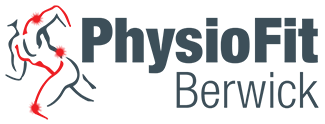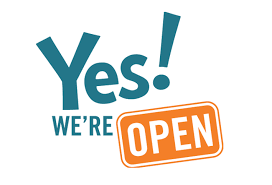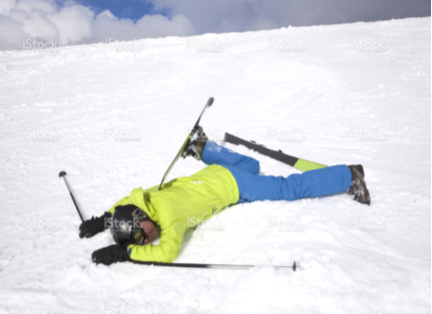We are still OPEN during the lock down period from 16th July 2021 …with some restrictions and Covid-safe procedures of course to keep us all safe!
The Department of Health and Human Services (DHHS) in Victoria, have made it very clear that during stage 4 lock down restrictions, you should still seek the healthcare you need, which includes physiotherapy.
There has been some confusion in the general public about what is and isn’t allowed for physiotherapy services in Melbourne currently. The main points that you need to be aware of are:
![]() You DO NOT need a GP referral to see our physiotherapists
You DO NOT need a GP referral to see our physiotherapists
![]() You CAN travel outside the 5km radius to receive healthcare (use your appointment SMS as proof of service) You can also accompany someone for treatment if you are a parent, guardian or necessary support person.
You CAN travel outside the 5km radius to receive healthcare (use your appointment SMS as proof of service) You can also accompany someone for treatment if you are a parent, guardian or necessary support person.
![]() DHHS have encouraged everyone who needs healthcare to continue to receive healthcare. However you may only attend the clinic in person if the absence of care will mean that your condition and function may significantly change/deteriorate resulting in an escalation of care
DHHS have encouraged everyone who needs healthcare to continue to receive healthcare. However you may only attend the clinic in person if the absence of care will mean that your condition and function may significantly change/deteriorate resulting in an escalation of care
![]() Telehealth exists for all patients, no matter what condition you may be dealing with. Please do not underestimate your condition! Recently, we have had people attend our clinic with what they thought were minor issues, and they turned out to be serious injuries, some being stress fractures.
Telehealth exists for all patients, no matter what condition you may be dealing with. Please do not underestimate your condition! Recently, we have had people attend our clinic with what they thought were minor issues, and they turned out to be serious injuries, some being stress fractures.
If you are unsure whether or not you should attend, but you are in pain, then we would prefer to see you for a face-to-face consultation. This will allow you to gain a firm diagnosis and plan for your recovery. Where required, we’ll continue to see you in the clinic for face-to-face consultations. If we feel your condition doesn’t require further immediate care, then we can review you via telehealth to continue to provide you physiotherapy care. Otherwise, we will give you a plan to help you get through until you are able to attend again face-to-face, when the restrictions ease.
If you need us, we are here to help you! ![]()


